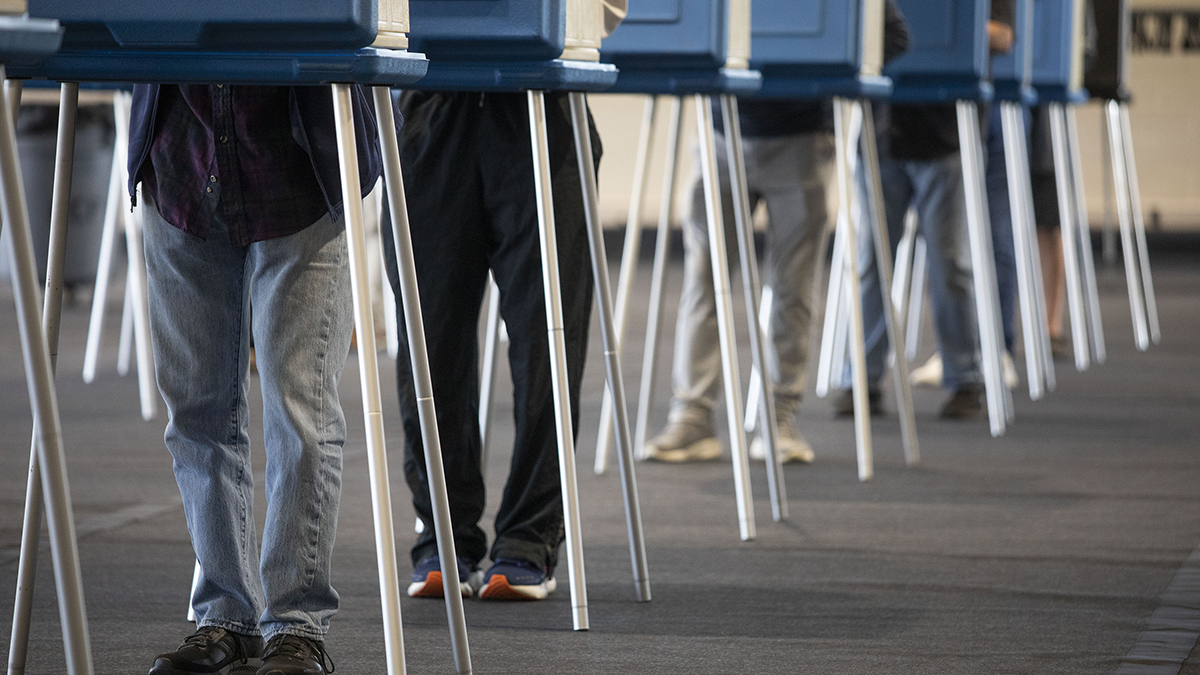The election has already been filled with eye-popping and historically unusual events. One other potential scenario looms this fall: the "contingent election" of the president and the vice president that would happen if no one can secure the 270 electoral votes needed to win the presidential election.
That has not happened in the modern era, but there are a few conceivable (if unlikely) paths across the Electoral College map that could lead to former President Donald Trump and Vice President Kamala Harris ending the race tied at 269 electoral votes.
Some of those scenarios include Republicans’ winning all of Nebraska’s votes, an uphill battle because the state doles out a vote to the winner of each of its congressional districts and Harris is favored to win in the Omaha-area 2nd District. (That’s why Republicans briefly, and unsuccessfully, sought to change Nebraska’s rules and make it a winner-take-all state.) And it's much less likely that a third-party candidate will win electoral votes and prevent someone else from getting a majority or that faithless electors will refuse to support a candidate, with the same end result.
In the event of a tie, Congress would decide the next president.
Get top local stories in Southern California delivered to you every morning. Sign up for NBC LA's News Headlines newsletter.
While the process would be hotly contested and historic, Congress has a set process to decide a president in that scenario, which would undoubtedly come after a slew of court challenges in key states aimed at challenging the election results there.
Here's how it would work.
“Each state, regardless of population, casts a single vote for President in a contingent election,” according to the Congressional Research Service. That means the group of House members from each state would choose among the three candidates with the most Electoral College votes, and the candidate with the backing of the majority of states would win.
The newly elected Congress taking office in January would vote in that scenario. So the results of the congressional elections would loom large.
Republicans have majority control of 26 state delegations, while Democrats have majority control of 22 delegations, and two states (Minnesota and North Carolina) are tied. Members of Congress would not be bound to vote for their party’s candidate, but they would surely face immense pressure to do so.
Although Washington, D.C., has three electoral votes in the presidential election, it would not have a vote in the House in a contingent election because it is not a state.
In a contingent election, the vice president is chosen by a full vote of the Senate, with each senator casting his or her own vote for one of the two vice presidential candidates with the most electoral votes.
This story first appeared on NBCNews.com. More from NBC News:



